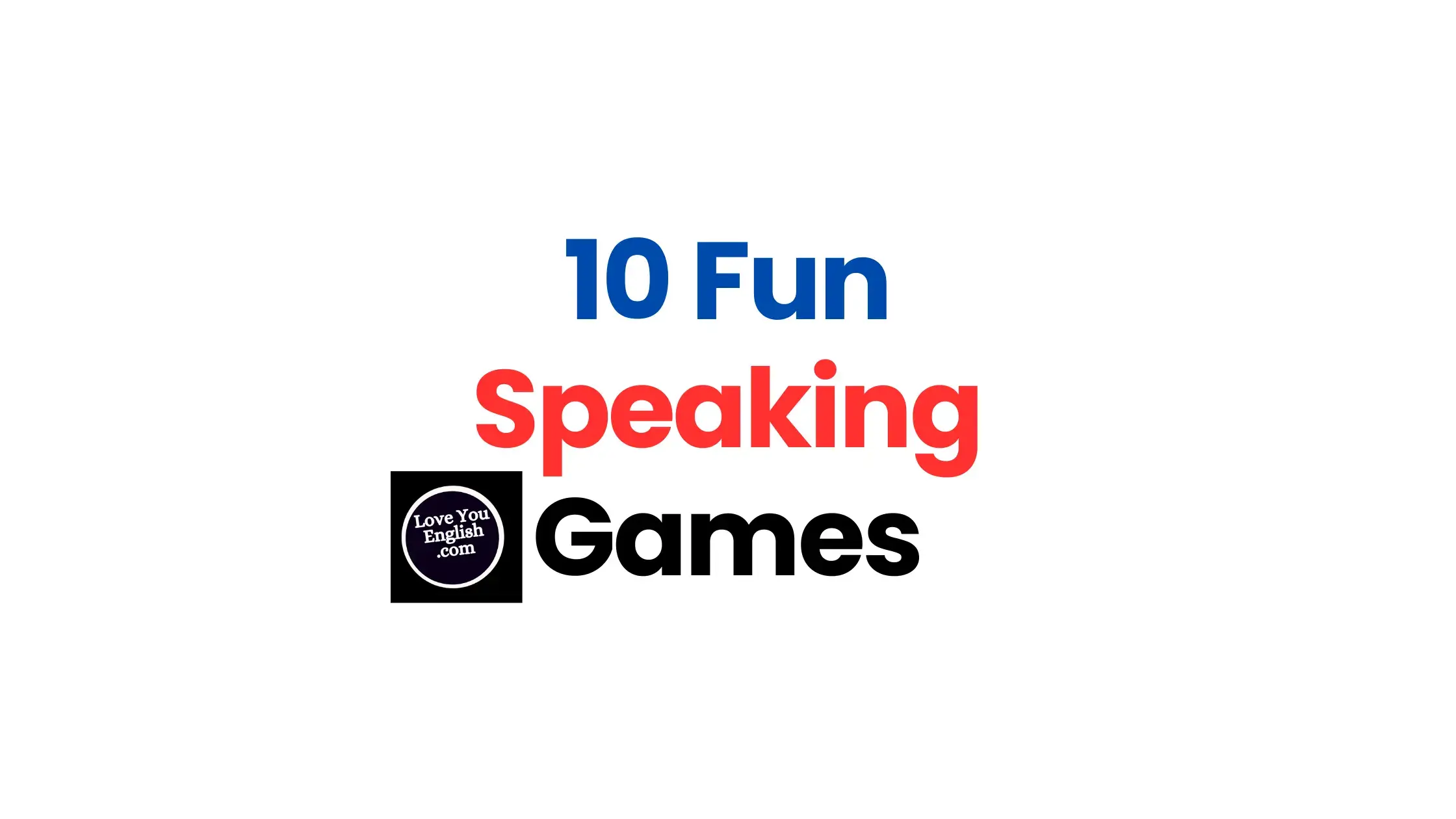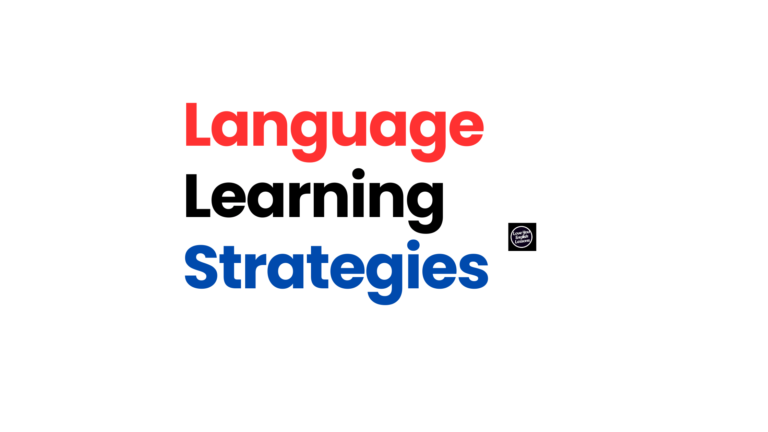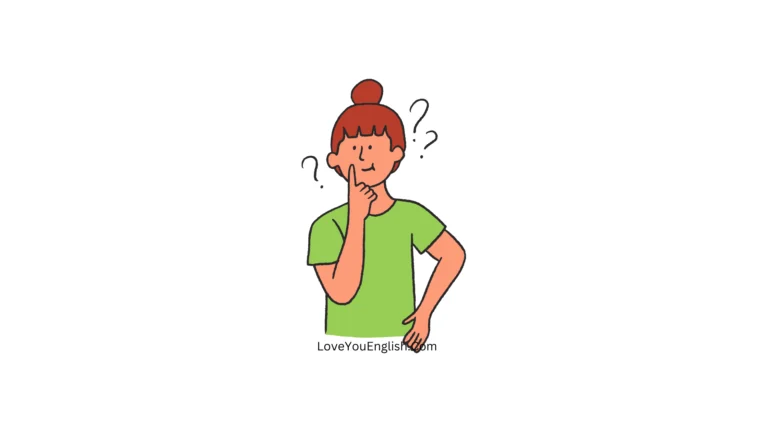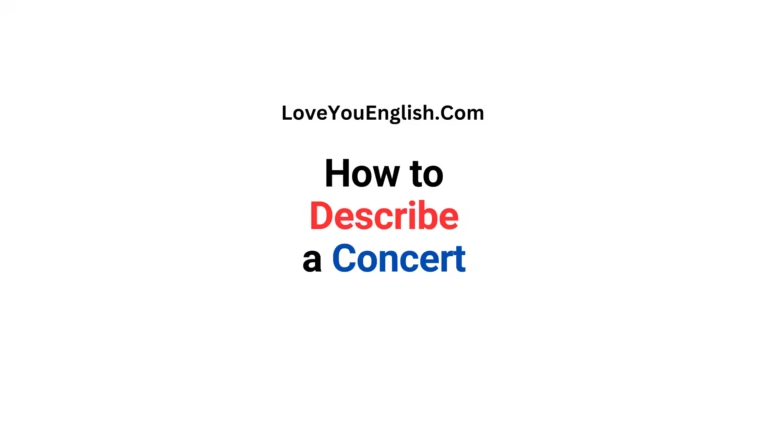English Learning Games and Activities
Learning English doesn’t have to feel like a chore – in fact, it can be a lot of fun! Whether you’re a beginner or an advanced learner, engaging in games and activities can make your language journey more exciting and effective.
By incorporating play into learning, you can build vocabulary, improve speaking skills, and boost confidence, all while enjoying the process.
In this post, we’ll explore some of the best English learning games and activities that will make mastering the language a lot more enjoyable.
Why Use Games and Activities in Language Learning?
You might be wondering why games and activities are so effective for learning English. The reason is simple: they tap into the way our brains naturally learn. When you’re playing a game or doing a fun activity, your mind is actively engaged, and you retain information better. Additionally, games help reduce stress, build confidence, and improve social interaction, all important aspects of learning a new language.
Whether you’re learning on your own or in a group, here are some fun and interactive games and activities to try out.
1. Word Bingo
Word Bingo is a fun way to practice vocabulary. You can create bingo cards with different English words or phrases, and as you hear or read them, you mark them on your card. The first person to complete a row, column, or diagonal shouts “Bingo!” and wins the game.
How to play:
- Prepare bingo cards with words related to a particular theme (e.g., animals, food, or emotions).
- Read out definitions, synonyms, or use the word in a sentence, and let the players mark it on their cards if they have it.
- The first player to complete a line wins.
Why it works:
- Builds vocabulary recognition.
- Enhances listening skills.
- Can be adapted to any language level.
2. Scrabble
Scrabble is a classic game that helps improve spelling and vocabulary. By forming words from letter tiles, you learn new words, practice spelling, and get creative with your language skills.
How to play:
- Players take turns creating words on the board using their letter tiles.
- Each word must connect to other words already on the board.
- The longer or more complex the word, the higher the points.
Why it works:
- Encourages word formation and spelling.
- Helps improve vocabulary and creativity.
- Can be played alone or in groups.
3. Charades
Charades is a game where you act out words or phrases without speaking, and the other players guess what you’re acting out. This game is great for improving communication skills, especially in terms of understanding body language and context.
How to play:
- Write down different English words or phrases (e.g., animals, actions, or objects) on pieces of paper.
- A player picks a word or phrase and acts it out without speaking.
- The other players try to guess what it is.
Why it works:
- Improves non-verbal communication.
- Enhances vocabulary and contextual understanding.
- Makes learning fun and active.
4. Pictionary
Pictionary is similar to charades but involves drawing the words or phrases instead of acting them out. This game works well for visual learners and helps practice vocabulary.
How to play:
- Write down different words or phrases on pieces of paper.
- One player draws the word or phrase without using letters or numbers, and the other players try to guess it.
- Set a time limit for each round to keep things exciting.
Why it works:
- Enhances visual learning.
- Improves vocabulary.
- Promotes quick thinking.
5. 20 Questions
20 Questions is a great activity for practicing critical thinking and asking questions in English. One player thinks of an object, person, or place, and the others have 20 questions to ask in yes/no format to guess what it is.
How to play:
- One player thinks of an object, animal, or person.
- The other players take turns asking yes/no questions to figure out what it is.
- They have a maximum of 20 questions to guess correctly.
Why it works:
- Encourages use of question forms and critical thinking.
- Builds vocabulary related to different categories.
- Enhances listening skills.
6. Flashcard Games
Flashcards are a simple yet effective tool for learning new vocabulary. You can turn flashcards into a fun game by creating memory challenges or competitive quizzes. Flashcards help reinforce words and improve recall.
How to play:
- Write a word on one side of the card and its meaning or a picture on the other.
- Show the card with the word side up and ask players to say the meaning or describe it.
- Alternatively, you can play a memory game where the cards are placed face down and players take turns flipping them to find matching pairs.
Why it works:
- Helps with memorization and recall.
- Enhances vocabulary retention.
- Can be used for individual or group activities.
7. Role-Playing
Role-playing activities help students practice real-life conversations and scenarios, like ordering food at a restaurant or asking for directions. This is a great way to practice speaking skills in a practical context.
How to play:
- Choose a scenario (e.g., at the airport, at a doctor’s office, etc.).
- One player takes on a role (e.g., customer, doctor, waiter) and the other players play the opposite role.
- Practice the conversation, switching roles to get different perspectives.
Why it works:
- Develops speaking and listening skills.
- Builds confidence in real-world communication.
- Helps students get used to English in practical settings.
8. Word Search Puzzles
Word searches are a relaxing way to practice vocabulary while also enhancing focus and attention. You can find word search puzzles with different themes to match your learning goals.
How to play:
- Provide a grid filled with random letters and a list of words related to a certain theme.
- Players search for and circle the words hidden in the grid.
- You can also set time limits to make the game more challenging.
Why it works:
- Improves word recognition and spelling.
- Strengthens concentration and focus.
- Can be adapted to various difficulty levels.
9. Simon Says
This classic game is a great way to practice listening skills and vocabulary related to actions and body movements. It’s especially helpful for young learners and beginners.
How to play:
- One player gives commands, but the other players should only follow them if the phrase begins with “Simon says.”
- If the leader does not say “Simon says,” players should not follow the command.
- The game continues until only one player is left.
Why it works:
- Helps with listening comprehension.
- Reinforces action-related vocabulary.
- Fun and engaging for younger learners.
10. Guess the Word (Taboo)
In Guess the Word, players must explain a word without using certain related words or phrases, making it more challenging and fun. This game encourages players to use descriptive language and build their vocabulary.
How to play:
- Choose a word and a set of forbidden words (e.g., for the word “dog,” forbidden words could be “animal,” “pet,” or “bark”).
- The player has to describe the word without using any of the forbidden words.
- The other players try to guess the word based on the description.
Why it works:
- Improves descriptive skills and vocabulary.
- Encourages creative thinking.
- Enhances communication skills.
11. Spelling Bee
A spelling bee is a fun way to practice spelling and build your word knowledge. You can make it more interesting by adding a twist – use words related to different topics or challenge players to spell more complex words.
How to play:
- One player says a word, and the other player has to spell it aloud.
- You can give the definition or use the word in a sentence if needed.
- Players take turns spelling words until someone makes a mistake or runs out of words.
Why it works:
- Strengthens spelling skills.
- Expands vocabulary.
- Helps learners focus on language details.
Final Thoughts
Incorporating games and activities into your English learning routine can make studying feel less like a task and more like a fun adventure. Whether you’re practicing vocabulary, improving listening skills, or honing your speaking abilities, these games offer a playful way to enhance your English proficiency. Plus, they’re a great way to engage with others and learn in a social, relaxed setting. So, next time you study English, why not turn it into a game?
No matter your level or age, there’s a game for you. Try out some of the activities mentioned above and see how much more enjoyable learning English can be.
More topics:
- What is an Argumentative Essay?
- 50 British vs. American Vocabulary Differences
- 30 C1-Level Verbs With Meanings And Example Sentences
- Afraid of Speaking English? This is the Solution!
- ESL Classroom Games for Preschool Learners
- Forgetting Words When Speaking? Fix It Instantly!
- How to Instantly Sound More Fluent in English
- How to Read Numbers in English
- 100 English Words with their Synonyms
Resources:
- ESL Cafe (Dave’s ESL Cafe)
- Voice of America (VOA) Learning English
- ETS TOEFL Resources
- IELTS Official







